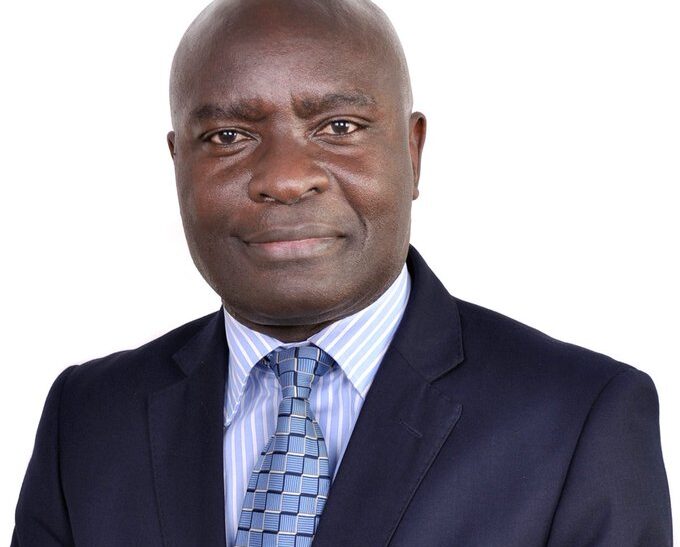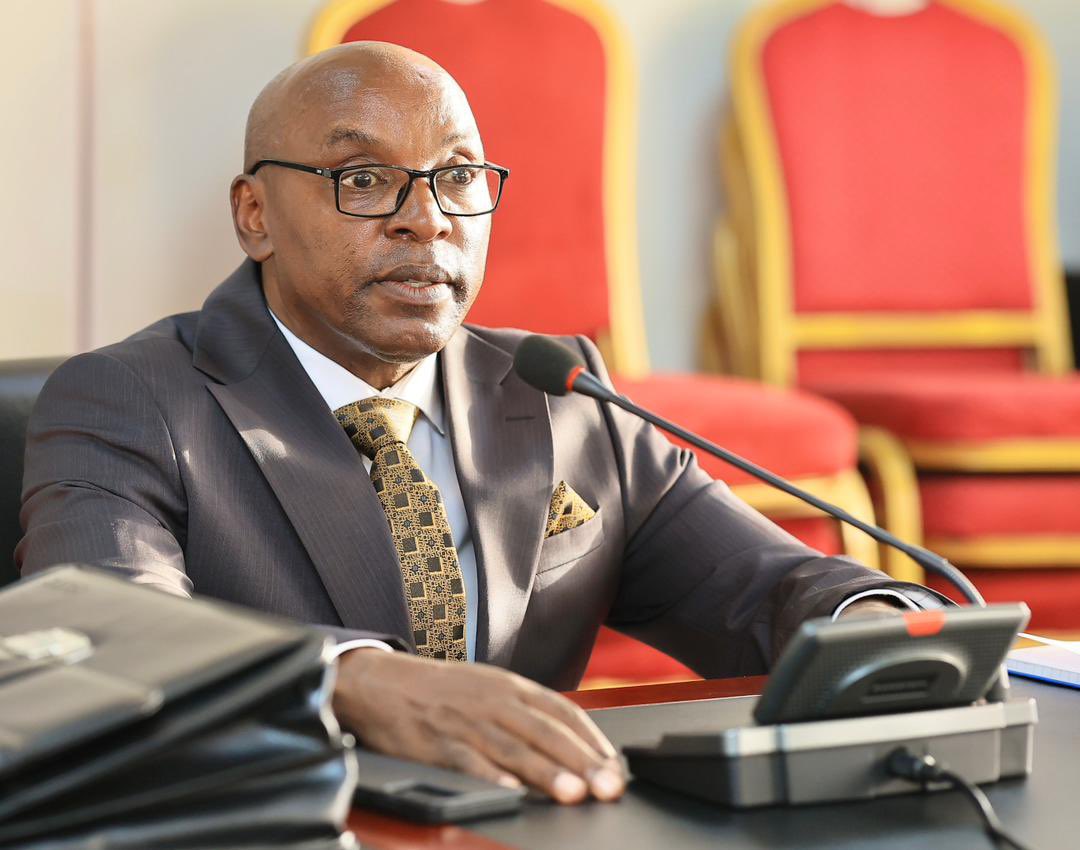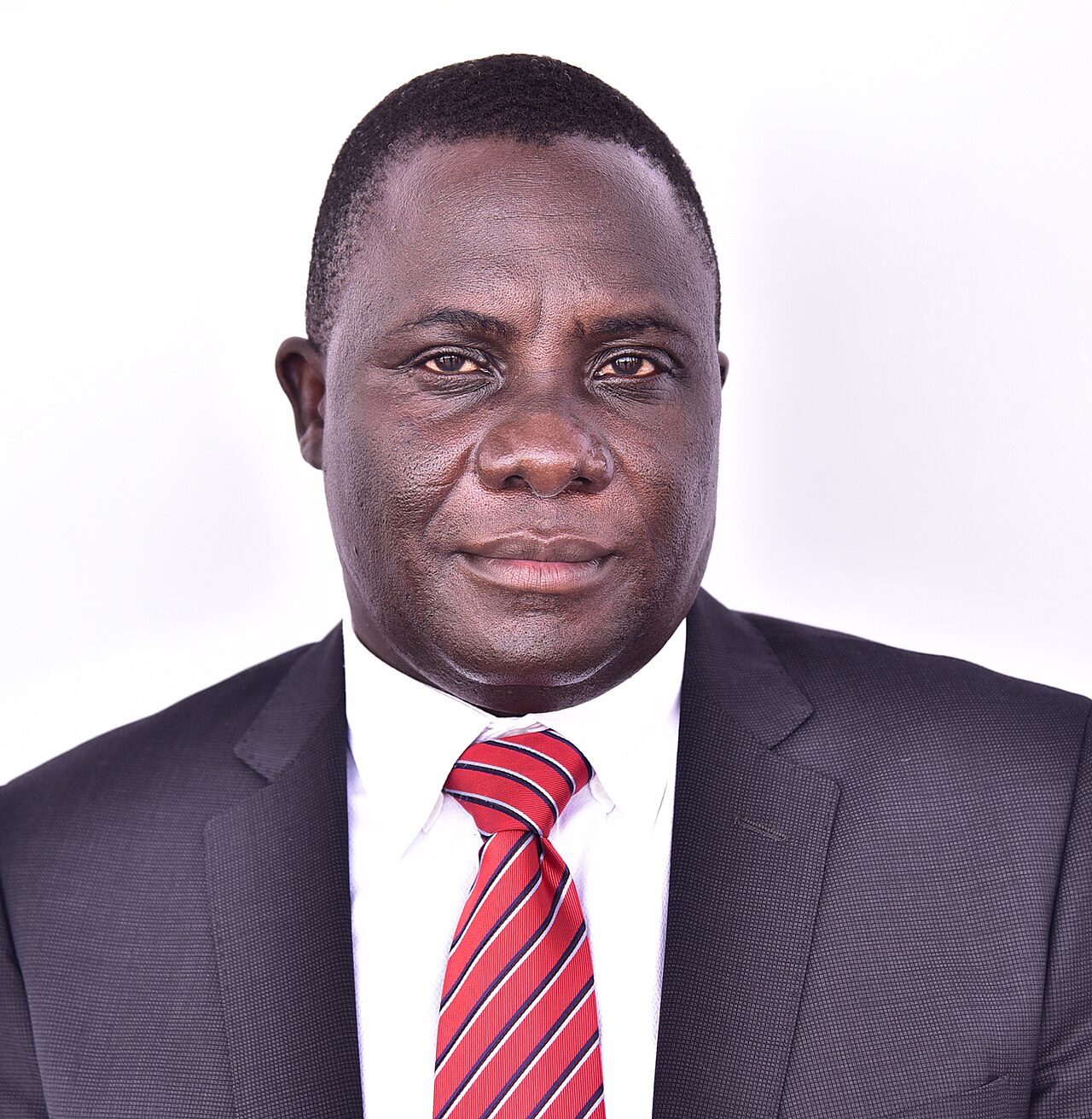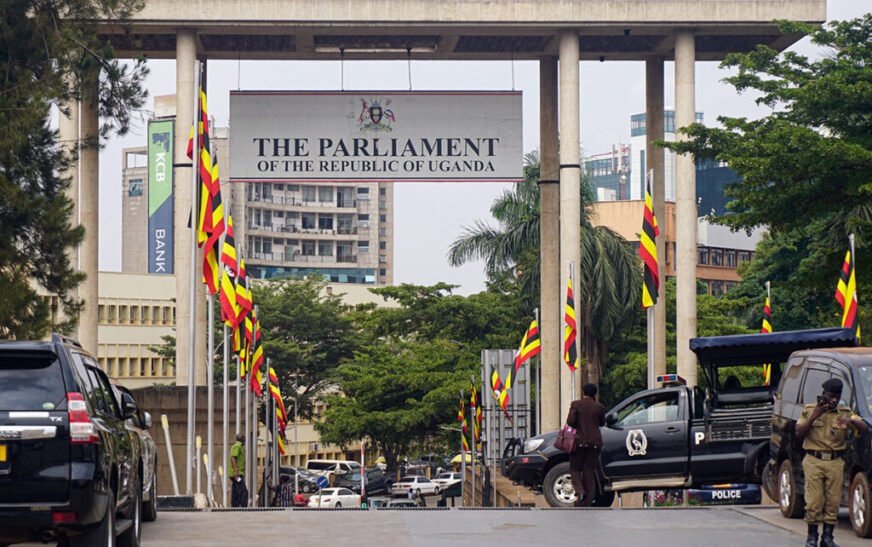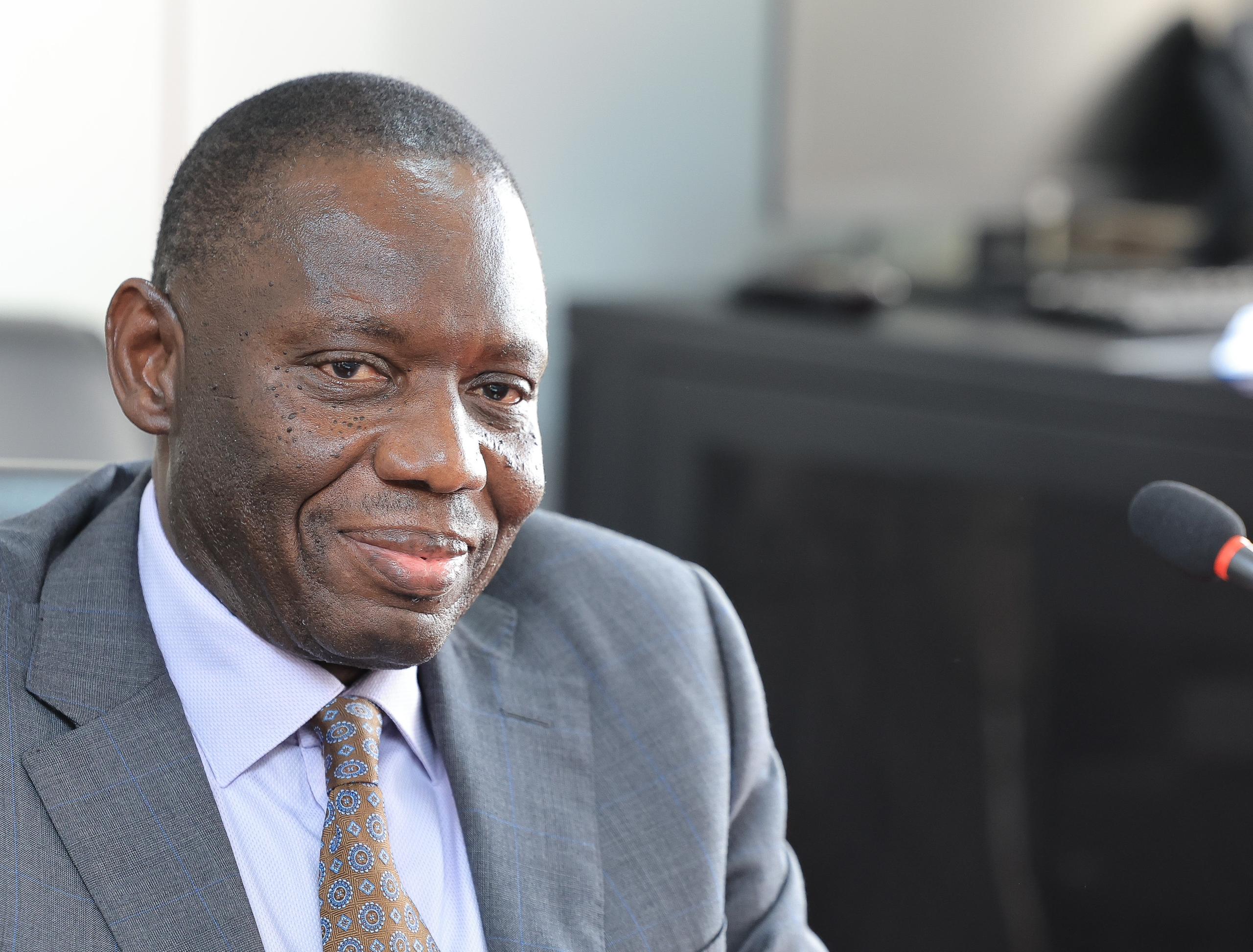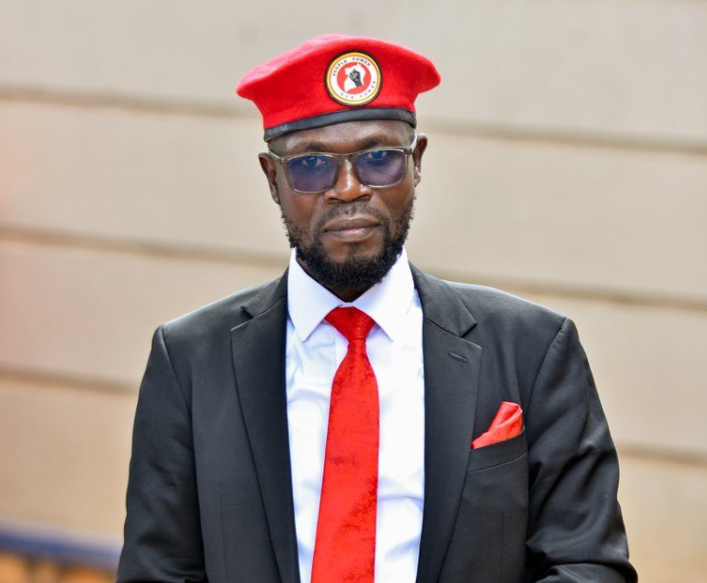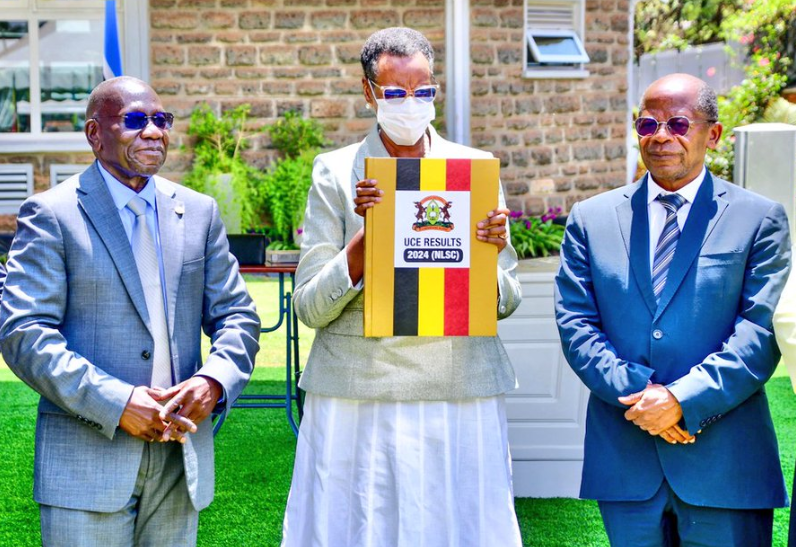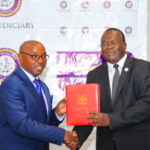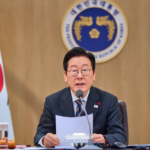Electoral Commission (EC) has set January 15, 2026, as the date for electing Uganda’s next president.
Justice Simon Byabakama, Chairperson of the Commission (EC), made the announcement EC headquarters in Kampala while addressing journalists.
He noted that all presidential campaigns will stop 48 hours prior to the polling date. The presidential campaigns began this month (October).
The presidential vote will mark the beginning of a broader election cycle that includes parliamentary and local government elections, scheduled to continue through February.
Byabakama urged Ugandans to remain peaceful throughout the process.
The incumbent Gen (Rtd) Yoweri Museveni, flag bearer for the National Resistance Movement (NRM), will face seven other presidential candidates who include; Robert Kyagulanyi Ssentamu (Bobi Wine) of the National Unity Platform (NUP) and James Nathan Nandala Mafabi (Forum for Democratic Change).
Others are; Maj. Gen. Mugisha Muntu (Alliance for National Transformation), Joseph Mabirizi (Conservative Party), Mubarak Munyagwa Sserunga (Common Man’s Party), Frank Kabinga Bulira (Reform Party of Uganda), and Robert Kasibante (National People’s Party).
Tensions remain high between opposition parties and the ruling government, but observers hope the electoral process will serve as a test of Uganda’s commitment to democratic principles.
As the countdown to January 15 begins, all eyes are on the campaign trail and on the IEC to ensure transparency, security, and fairness in a vote that could shape Uganda’s political trajectory for years to come.
Observers say the likely rematch between Museveni and Bobi Wine is set to dominate the national political conversation, reigniting debates around leadership, democracy, and Uganda’s future.
In the last presidential election held on January 14, 2021, 11 candidates contested the presidency. Of the 18,103,603 registered voters, 10,350,819 cast their ballots, representing a 57.2% voter turnout. President Museveni won with 6,042,898 votes (58.38%), while Bobi Wine came second with 3,631,437 votes (35.08%).
The result extended Museveni’s tenure beyond four decades, cementing his position as one of Africa’s longest-serving leaders.

